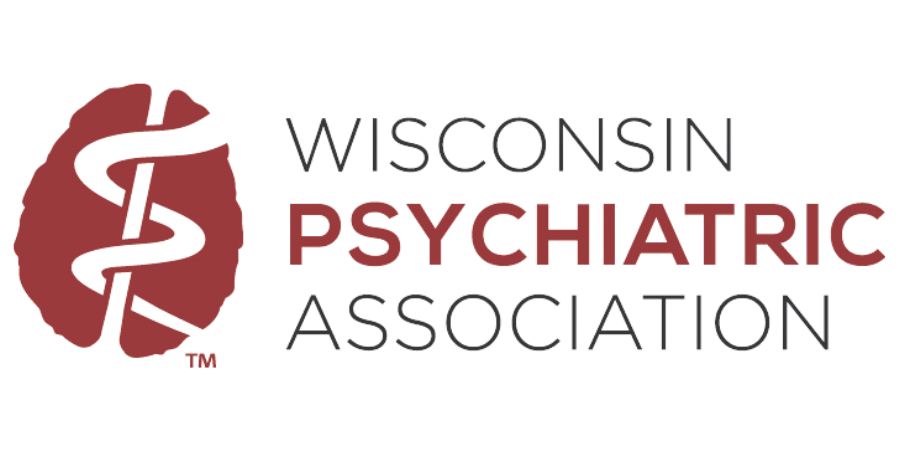Written by Kathy Russeth, MD
As a physician deeply invested in organizational ethics and the dynamics of physicians in the workplace, I reflected on the implications of Dr. Neil Berman's article ‘A Reason to Retire?’ (Berman 2023). He takes us through his career and discusses changes in his perspective, defenses, and physician-patient relationships as he approaches the latter stages of his career. The title, posed as a question, provokes an unsettled feeling. Berman seems to suggest, albeit indirectly, that growing empathy might inversely correlate with a physician’s ability to function effectively within the healthcare system, potentially marking a time for transition.
Separating personal growth from changes in the medical field, and considering the former problematic without fully delineating issues with the latter, is problematic. Yes, Dr. Berman touches on these factors, citing “long working hours, increasing administrative burden, and rising caseloads,” but he does not go far enough. When the maintenance of distance from patients is seen as necessary for function or when intellectualization is seen as the way to maintain objectivity, something is wrong with the expectations in medicine.
Physicians can rely on their extensive medical knowledge, diagnostic skills, and evidence-based decision-making even in moments of diminished empathy. However, empathy does not mean “identifying too much” or that the physician must be “as scared or as overwhelmed” as the patients are at any point. Feeling something real in a moment does not equal losing one’s “cool head;” rather it can provide valuable insight into the patient’s experience.
Empathy aids in finding ways to connect with patients, personalize care, and support treatment adherence. Empathy also helps to facilitate informed consent and shared decision-making, which are essential for best outcomes and true patient satisfaction (Fitzgerald 2018). Furthermore, empathy has the potential to deepen as clinical experience and wisdom accumulate over decades of practice. Rather than viewing the development of empathy as a burden, it should be recognized as a crucial and valuable contribution to the healthcare field.
Loss of the professionals who have grown in empathy and connection represents not just a personal loss for the individual but a broader loss for the field, which benefits greatly from the balance of scientific acumen and compassionate care. Instead of viewing one’s increase in empathy and connection as a signal to exit the profession, this needs to be a signal that expectations within the medical field need to change.
Heavy workloads have long been associated with burnout, emotional exhaustion and loss of empathy (Williams 2020). Increased demands require increased effort and resources, but rarely are those demands met with compensatory opportunities for recuperation. Depersonalization, emotional distancing, and other defenses are coping strategies to conserve resources and deal with exhaustion (DiGuiseppe 2021). However, this is not optimal and should not be looked to as the ideal or the solution. The challenges in managing heavy workloads, with high demands and diminished resources, are not the personal failings of physicians. These are structural and operational issues within healthcare systems that require urgent addressing.
Healthcare systems have always been challenged, particularly in fitting a humanistic service industry into a business model. The expectations for efficiency in the healthcare system are overt and regularly reinforced. They exploit healthcare employees’ natural tendencies to strive for excellence and do more for their patients and overshadow the humanistic aspects of medical care. This phenomenon, although significantly intensified during the pandemic, was present both before and continues past the acute COVID-19 crisis.
The response by physicians and other healthcare professionals has been to leave medicine (Berg 2023). Whether one chooses to retire early, leave medicine for non-clinical pursuits, take on a more administrative role, or transition to private practice, to manage this distress, the real request is a more sustainable future. Even for those who stay, without effective resources and recuperation, the level of empathic care and ability to sustain employment becomes tenuous at best.
Instead, we need to advocate for a system where empathy and human connection are valued as much as our clinical expertise. Adapting from successful models elsewhere, we can push for reforms that offer more autonomy, control over our work, workload management, and performance metrics that truly reflect quality of care. A sustainable and fulfilling career in medicine is still an achievable goal. However, this requires healthcare structures and systems that prioritize and safeguard the well-being of both patients and healthcare providers. Let us, as dedicated medical professionals, unite in this endeavor to shape a healthcare system that truly reflects our values and commitment to the well-being of all.
Berg, S. The COVID-19 emergency’s over, but 1 in 2 doctors report burnout, AMA, June 23, 2023. Accessed https://www.ama-assn.org/practice-management/physician-health/covid-19-emergency-s-over-1-2-doctors-report-burnout
Berman, N. “A Reason to Retire?” N Engl J Med 2023 Oct; 389:1354-1355. Accessed: https://www.nejm.org/doi/full/10.1056/NEJMp2306534
DiGuiseppe, MD and Perry CJ. The Hierarchy of Defense Mechanisms: Assessing Defensive Functioning With the Defense Mechanisms, Front Psychol. 2021; 12: 718440. Accessed: https://www.ncbi.nlm.nih.gov/pmc/articles/PMC8555762/
Fitzgerald-Yau N, and Egan J. Defense Styles Mediate the Association Between Empathy and Burnout Among Nurses. J Nero Meant Dis. 2018 Jul;206(7):555-561. Accessed: https://pubmed.ncbi.nlm.nih.gov/29905665/
Williams ES, Rathert C. Buttigieg SC. “The Personal and Professional Consequences of Physician Burnout: A Systematic Review of the Literature”. Med Care Res Rev. 2020 Oct,77(5):371-386. Accessed https://pubmed.ncbi.nlm.nih.gov/31216940/
